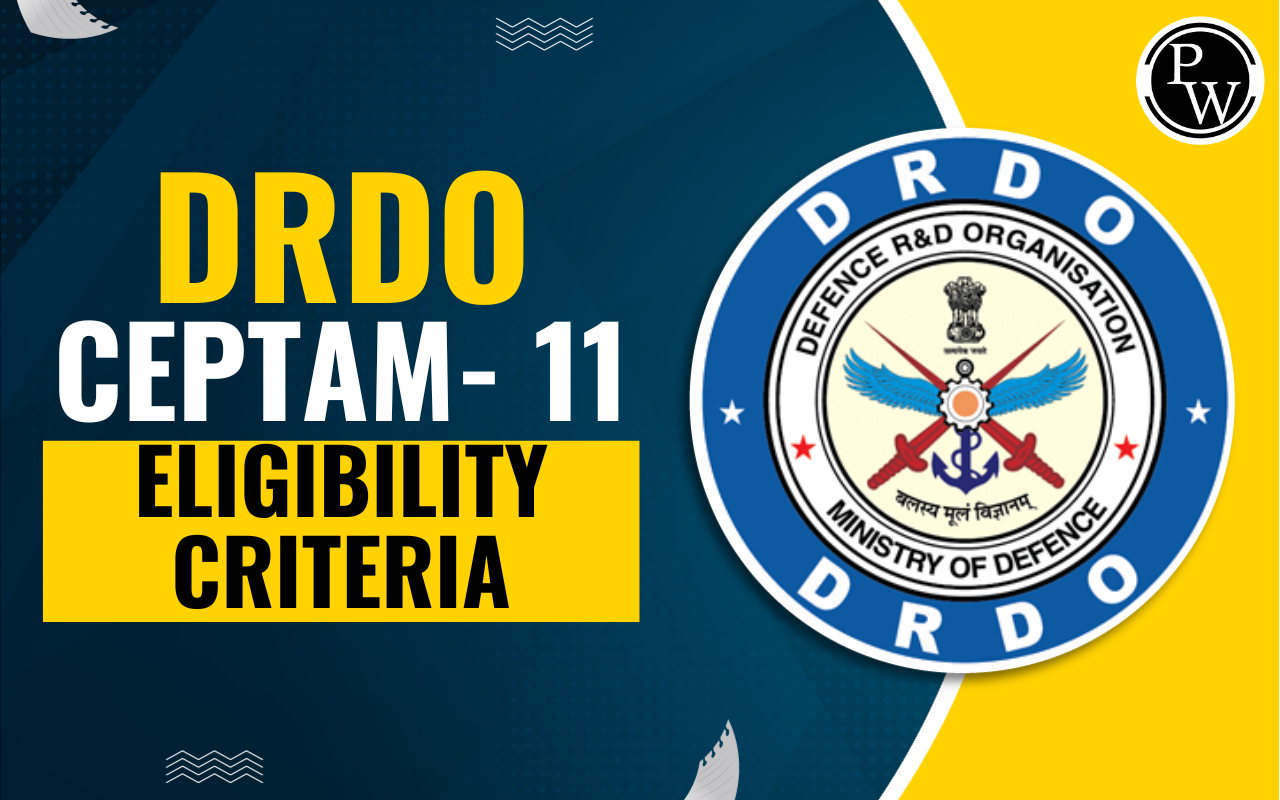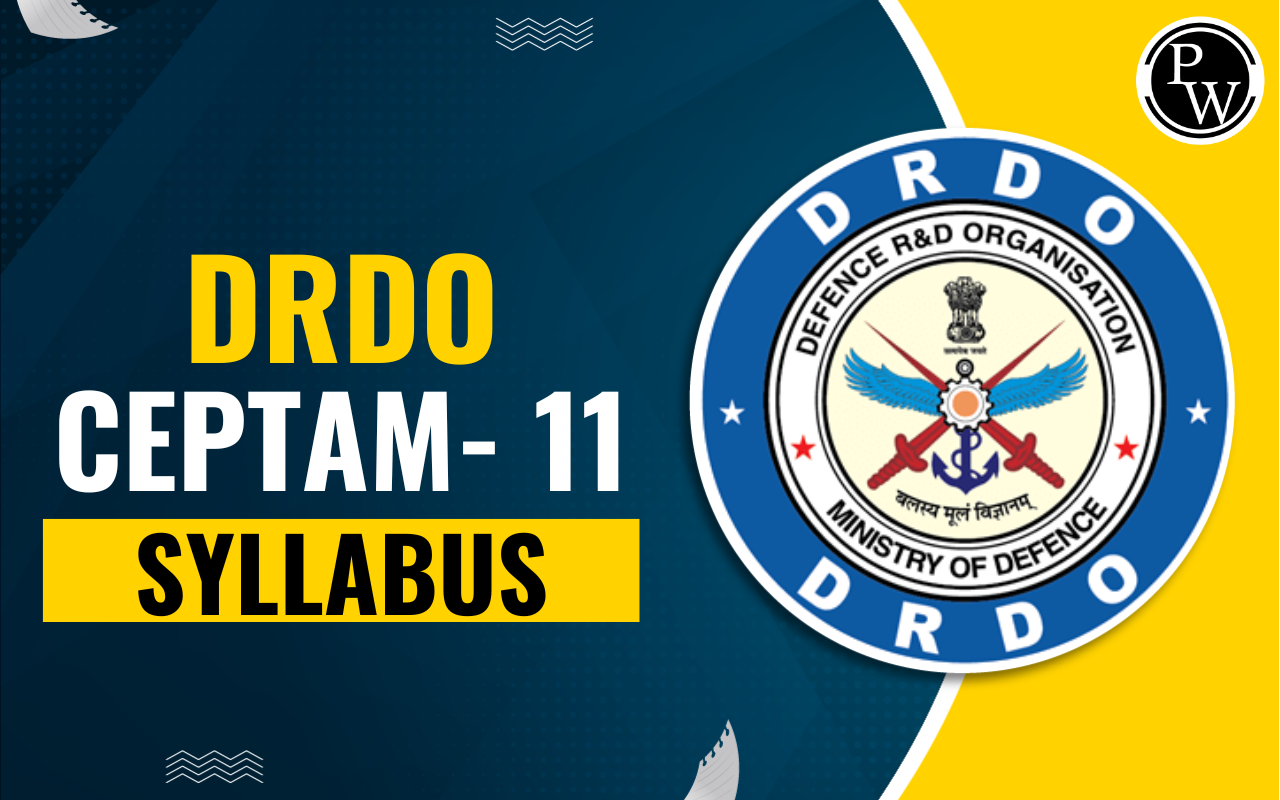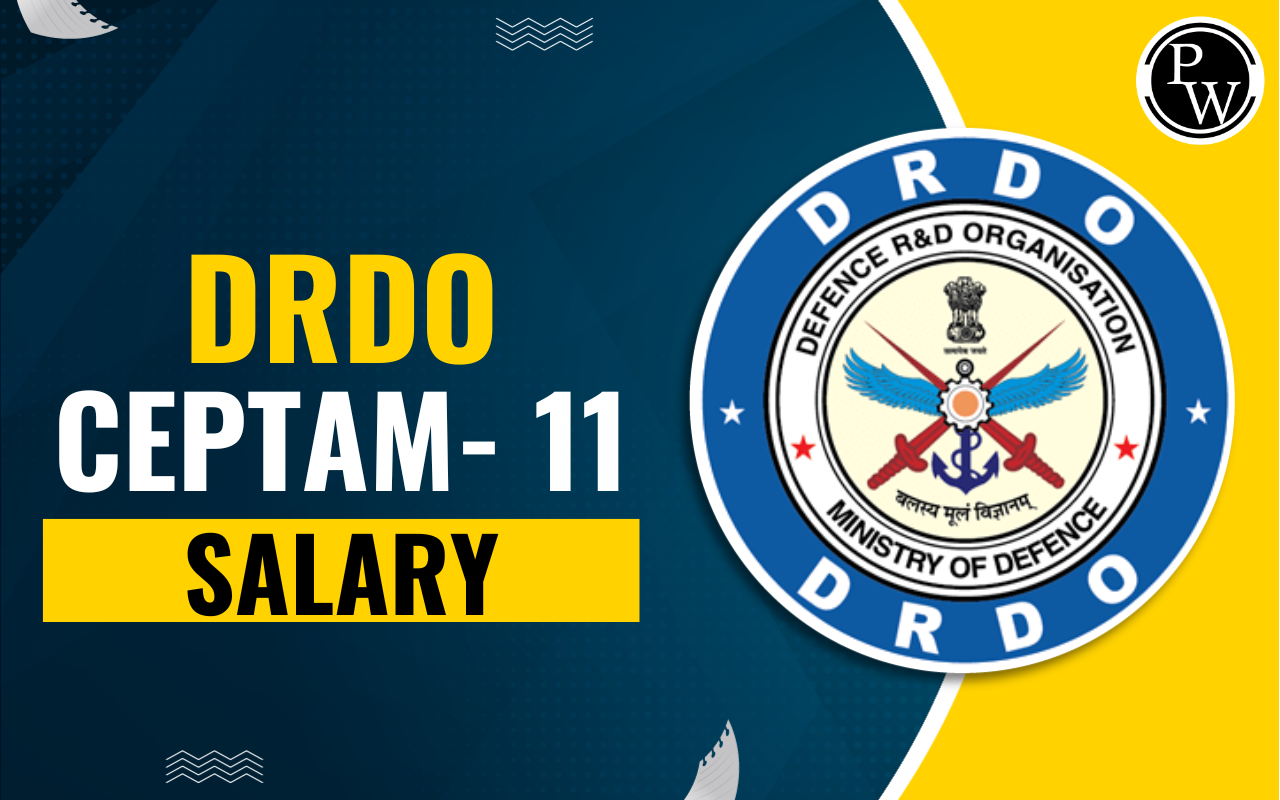
GATE Ecology and Evolution Syllabus 2026: The Indian Institute of Technology, Guwahati is going to administer the GATE examination in 2026. The exam will be conducted for 30 different branches including Ecology and Evolution (EY).
Candidates who are planning to take the GATE 2026 for Ecology and Evolution discipline are advised to thoroughly review the complete syllabus to prepare systematically.
The GATE Syllabus for EY is classified in different sections to assess the candidate's comprehensive knowledge across various core subjects of undergraduate level.
Reviewing the GATE Ecology and Evolution Syllabus will provide candidates a detailed insight into the key topics and their weightage.
GATE Ecology and Evolution Syllabus 2026
The Graduate Aptitude Test in Engineering is a highly challenging entrance test which evaluates the knowledge of candidates in specific disciplines. Passing the exam with a good score provides admission to top institutions and job opportunities in PSUs.
Candidates who wish to prepare for the GATE EY Paper effectively for the upcoming exam must understand the in-depth syllabus to enhance their performance.
GATE Ecology and Evolution Syllabus 2026
In order to prepare the GATE syllabus for Ecology and Evolution 2026 effectively, candidates must have a thorough knowledge of the topics and key concepts to be asked. Moreover, the GATE 2026 syllabus for ecology and evolution revolves around the following five main sections:
- Ecology
- Evolution
- Mathematics and Quantitative Ecology
- Behavioral Ecology
- Applied Ecology and Evolution
Let's discuss the important topics included in these five sections of the GATE Ecology and Evolution Syllabus 2026 in detail.
GATE EY Syllabus for Ecology
The GATE syllabus for Ecology and Evolution 2026 for its Ecology section, covers topics like ecosystem structure and function, abiotic and biotic components, and community ecology. Check out the table containing important topics in the Ecology section.
| GATE Syllabus for Ecology and Evolution 2026 - Ecology | |
| Topics | Sub-topics |
| Fundamental Concepts |
|
| Population ecology |
|
| Interactions |
|
| Ecosystem structure and function |
|
| Community ecology |
|
GATE EY Syllabus for Evolution
The GATE syllabus for Ecology and Evolution 2026, in its Evolution section, covers areas like the origin and history of life on Earth, diversity, classification of life, and the history of evolution. Refer to the details mentioned below to find more vital topics.
| GATE Syllabus for Ecology and Evolution 2026 - Evolution | |
| Topics | Sub-topics |
| History of Evolutionary |
|
| Fundamentals |
|
| Diversity of Life |
|
| Life history strategies |
|
| Interactions |
|
| Population and Quantitative genetics |
|
| Macroevolution |
|
GATE EY Syllabus for Mathematics and Quantitative Ecology
The GATE Ecology and Evolution syllabus 2026 for Mathematics and Quantitative Ecology focuses on the mathematical and statistical aspects relevant to ecological research and analysis. All the required topics are listed below.
| GATE Syllabus for Ecology and Evolution 2026 - Mathematics and Quantitative Ecology | |
| Topics | Sub-topics |
| Mathematics and statistics in ecology |
|
| Statistical hypothesis testing |
|
GATE EY Syllabus for Behavioral Ecology
The GATE Ecology and Evolution Syllabus 2026 for Behavioral Ecology explores the fascinating field of animal behavior and its ecological implications. It covers topics such as fixed action patterns, imprinting, learned behavior, and proximate, among others, as explained in the table below.
| GATE Syllabus for Ecology and Evolution 2026 - Behavioral Ecology | |
| Topics | Sub-topics |
| Classical Ethology |
|
| Sensory ecology |
|
| Foraging ecology |
|
| Reproduction |
|
| Social Living |
|
GATE EY Syllabus for Applied Ecology and Evolution
The GATE Ecology and Evolution Syllabus 2026 for Applied Ecology and Evolution is designed to help aspirants gain the necessary knowledge and skills to contribute to the practical applications of ecology and evolution. Moreover, topics like biodiversity and conservation, animal and plant breeding, and global climate change causes are covered in this section.
| GATE EY Syllabus for Applied Ecology and Evolution | |
| Topics | Sub-topics |
| Biodiversity and conservation |
|
| Disease ecology and evolution |
|
| Plant and animal breeding |
|
| Global climate change |
|
GATE Ecology and Evolution Syllabus 2026 PDF
The GATE Ecology and Evolution Syllabus 2026 PDF is a useful resource aspirants must add to their studies in addition to reference books. Not only does it allow them to read at their convenience, but it also provides a roadmap to developing a solid study plan, incorporating all important ecology and evolution topics. Refer to the link below to download the GATE 2026 syllabus for ecology and evolution paper.
GATE Ecology and Evolution Syllabus PDF
Important Topics from GATE Ecology and Evolution Syllabus
It is important to note that all the aforementioned topics from the GATE 2026 syllabus for Ecology and Evolution are important from an exam point of view. However, following are the topics collected after past evaluations of GATE exams, which thus need the special attention of aspirants.
| GATE EY Syllabus 2026 - Important Topics | |
| Topics | Sub-topics |
| Macroevolution |
|
| Fundamental Concepts |
|
| Molecular evolution and phylogenetics |
|
| Sensory ecology |
|
| Foraging ecology |
|
| Population ecology |
|
GATE Ecology and Evolution Exam Pattern 2026
According to the GATE 2026 Ecology and Evolution Exam Pattern, around 85% of questions will focus on only the main subjects of the GATE syllabus for ecology and evolution. However, the remaining 15% of questions are expected to arise from the common section, which is general aptitude.
Check out the highlights of the GATE 2026 Ecology and Evolution exam pattern tabulated below:
|
GATE Ecology and Evolution Exam Pattern 2026 |
|
| Total Number of Questions |
|
| Types of Questions |
|
| Total Marks | 100 |
| Duration of Exam | 3 hours |
| Sections |
|
| Weightage |
|
Elevate your GATE readiness with Physics Wallah’s GATE Online Courses . PW GATE Online Coaching offers comprehensive live sessions tailored to the syllabus, invaluable study materials, practice tests, and much more.
GATE Ecology and Evolution Syllabus 2026 FAQs
Q. Is engineering mathematics included in the GATE 2026 Syllabus for Ecology & Evolution?
Q. How many sections are there in the GATE syllabus for Ecology and Evolution 2026?
Q. What is the sectional weightage of the GATE Ecology and Evolution syllabus 2026?
Q. Where do I find the GATE Syllabus for Ecology and Evolution PDF?








